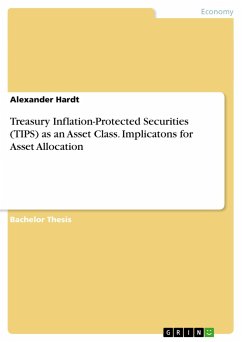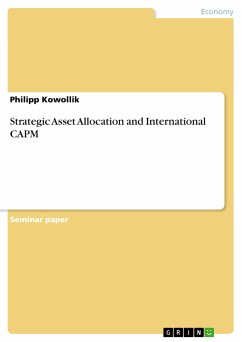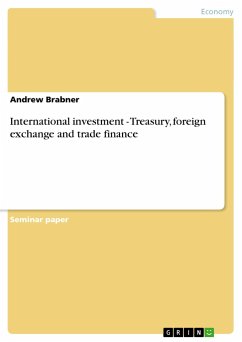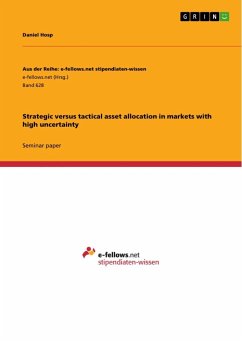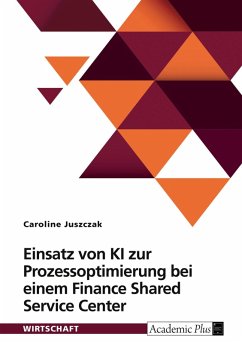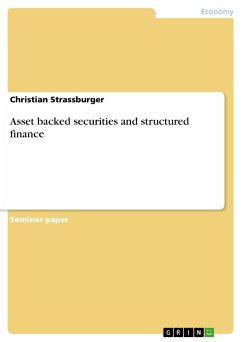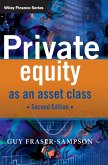Bachelor Thesis from the year 2014 in the subject Business economics - Investment and Finance, grade: 1,0, Texas A&M University (Texas A&M University-Commerce), language: English, abstract: This thesis examines optimized portfolios of three investor types during four different time intervals ranging from 1998 to 2013 to determine if the inclusion of Treasury Inflation-Protected Securities (TIPS) has benefits for institutional investors such as pension plans, university endowments, foundations and sovereign wealth funds. The three investor types used in this study differ in their risk tolerance, with the more risk-averse investor type choosing not to include certain asset classes in his investment portfolio. The efficient frontier algorithm, developed by Prof. Harry Markowitz, is used to determine whether the inclusion of TIPS improves the risk/return profile of the portfolio. Sharpe ratio, developed by Prof. William Sharpe, is used to measure a portfolio's risk adjusted performance. The study found that the benefits of the inclusion of TIPS in a portfolio vary by time period and investor type. While all investors were able to improve their risk return profile, the more risk-averse investor type benefits to a larger degree from the inclusion of TIPS. Furthermore, a significant increase in the financial efficiency was only observed in the 1998 to 2002 period. Therefore, the researcher concludes that the TIPS market is quite dynamic and investors need to take into account forward-looking information to profit from the inclusion of TIPS in investment portfolios.
Hinweis: Dieser Artikel kann nur an eine deutsche Lieferadresse ausgeliefert werden.
Hinweis: Dieser Artikel kann nur an eine deutsche Lieferadresse ausgeliefert werden.

